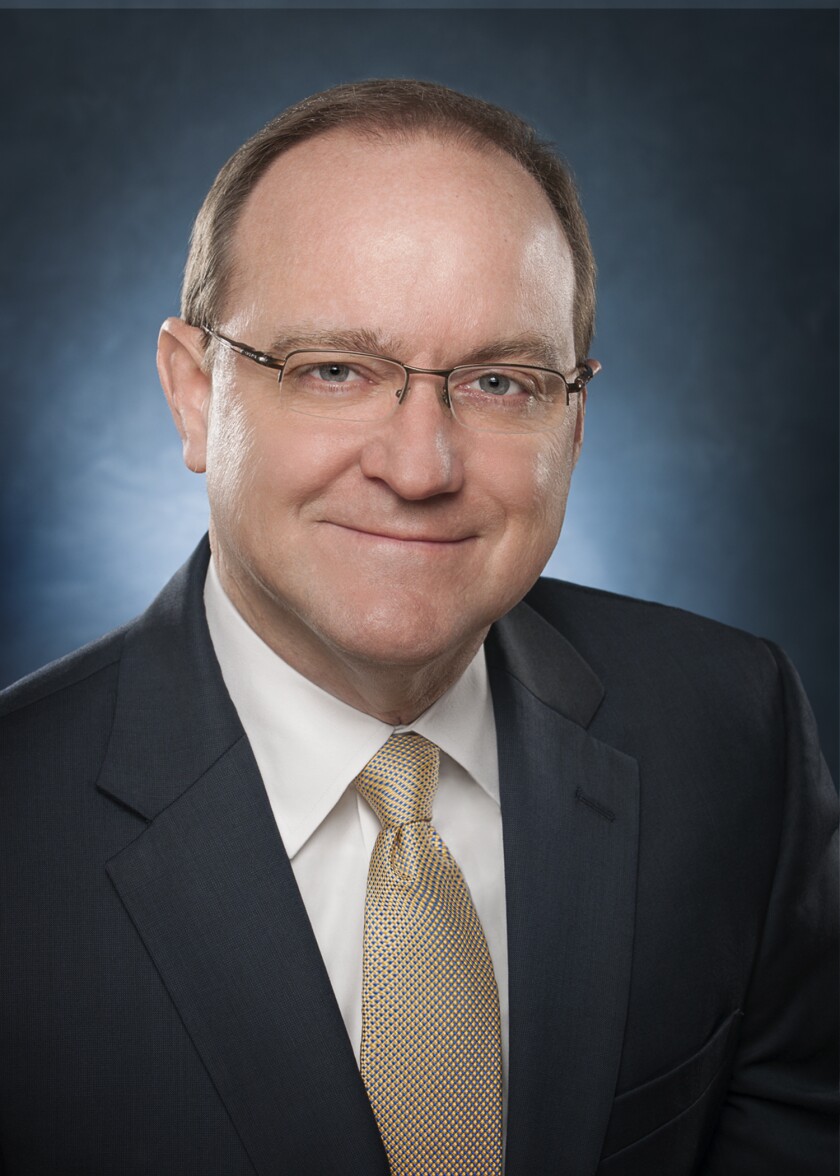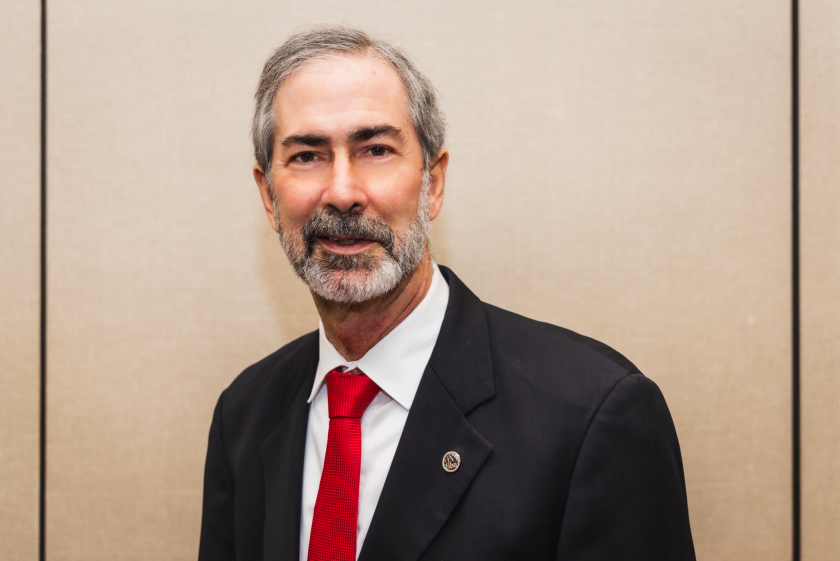Global confidence improved significantly in the third quarter of the year among accountants, despite fears of a prolonged economic recession amid the novel coronavirus pandemic, according to a survey of members of the Association of Chartered Certified Accountants and the Institute of Management Accountants.
The ACCA and IMA’s latest "Global Economic Conditions Survey," released Tuesday, indicated a global recovery through the second half of the year after an unprecedented collapse in economic activity during the first half. However, while there are signs of an economic expansion late this year, the poll also showed increasing expectations that significant economic recovery will be pushed into 2021.
Koonce is the Chief Claims Officer, for Sedgwick. In this role, Koonce is responsible for product development and innovation, industry analysis and thought leadership, best practices and compliance standards, legislative and regulatory relationships, and continued involvement in client programs for Sedgwick's lines of business.
Prior to his current role, Koonce was the Managing Director responsible for Sedgwick's casualty retail business unit in which he oversaw program results and service execution across the company's retail customer base. This included use of innovation and technology to improve client outcomes and customer experience.
Prior to joining Sedgwick, Koonce was senior director of risk management for Walmart Stores, Inc., the nation's largest private sector employer. In this role, he managed the retailer's domestic property and casualty claims program. He simultaneously served as president of Claims Management, Inc., Walmart's wholly owned third party administrator.
David Schwartz is the president and CEO of the Financial International Business
Association, or FIBA, where he promotes growth and advancement in international
banking and finance through education, advocacy and networking. With extensive
experience in international banking and compliance, David has held leadership roles at
institutions like Regions Financial Corporation and Banque Sudameris. Fluent in
multiple languages, he holds a Juris Doctorate from New York Law School and a black
belt in Shuri-Ryu Karate. He also serves on various community boards and actively
contributes to educational and health organizations in South Florida.
Matt Gilbert is VP, employer brand strategy at Appcast, the leading recruitment marketing platform powered by programmatic. With nearly 20 years of industry experience in employer brand, EVP and recruitment marketing. Matt is a recognized thought leader, industry speaker, and innovator, having developed and activated over 350 employer brand programs since entering the field. He and his teams have earned numerous industry awards in employer branding and other B2C areas. Matt is a sought-after employer brand expert and has worked with numerous notable organizations in employer brand such as Expedia Group, Disney Cruise Line, PepsiCo, Nike, Tyson Foods, Carmax, Pfizer, Aramco, Lockheed Martin, HCA, Conagra, Gallo Winery, Hanes Brands, American Red Cross, the ASPCA, Condé Nast, Amtrak, JPMorganChase, PayPal and more.
Activity indicators such as orders, capital spending and employment all rebounded somewhat from the low points seen in the Q2 survey. The global orders balance recovered by nine points in the third quarter, signalling a modest turnaround. Other indicators, such as concern that customers and suppliers could go out of business, also improved a bit from the extreme levels seen in the second quarter.
“The nature and prolonged duration of the COVID-19 shock means that it is likely to result in permanent changes to the structure and potential growth rates of economies,” said IMA vice president of research and policy Raef Lawson in a statement. “Higher private sector savings may be one outcome: households and companies limit consumption and investment respectively as they remain cautious in the face of extreme uncertainty. This suggests that the public sector may have to run significant fiscal deficits for some time in order to support overall demand. For now, at least mounting public sector debt can be sustained since interest rates are exceptionally low.”
Confidence in Q3 recovered strongly to a three-and-a-half-year high as the deep pessimism caused by lockdowns lifted in most regions. North America appeared to be the most optimistic region surveyed, while South Asia had the largest proportion of respondents not anticipating recovery until next year.
In North America, the orders balance recovered significantly in the third quarter, according to the report, but remains at a record low level,
The report found that confidence in the third quarter recovered strongly to a 3 1/2-year high as the deep gloom caused by lockdowns lifted in most regions; North America is the most optimistic, while South Asia has the greatest proportion of respondents not expecting recovery until next year.
In North America, the report found that the order balance recovered significantly in the third quarter but remains at a record low level, with the exception of the previous quarter. In addition, the increase in confidence this quarter was the biggest quarter-to-quarter increase in the history of the survey, reflecting the turnaround in the economic outlook between June and September.
Overall, results for the North American region are consistent with a reasonably strong recovery in the second half of the year. The second quarter saw some record quarterly falls in gross domestic product, including 9.1 percent in the U.S. The current forecast for quarter on quarter GDP in the third quarter is around 7 percent in the U.S.
Expectations of substantial economic recovery have shifted toward later in 2021 over the past three months, including above 50 percent in North America. Responses to this question indicate the realization that the economic damage caused by the pandemic and the restrictions associated with it are likely to persist well into 2021.
The survey indicated a clear regional pattern, with the strongest access to finance seen in the developed markets of North America and Europe, and the weakest in emerging markets. This did not change between the June and September surveys.
The momentum of the recovery is already showing signs of fading, however. “More generally the continued prevalence of the virus means that social distancing rules and other containment measures will persist for the foreseeable future,” said Warner Johnston, head of ACCA USA, in a statement. “This will adversely affect consumer demand in particular areas. Most economic shocks do not result in permanent changes in economic behavior. But the COVID-19 shock is likely to be different: it already has lasted for the first three quarters of 2020 and will do so well into 2021. This, and the nature and scale of the economic impact, means that permanent changes to the structure of economies are inevitable.”




